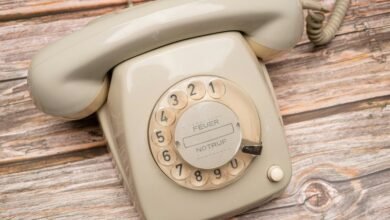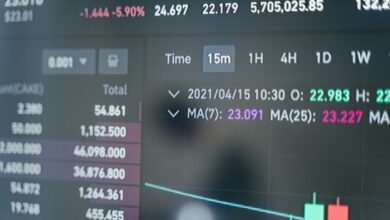Cross-Check Caller Identity Using 3497237224, 3807480513, 3533635293, 3505517460, 3533396211, 3511577632

The verification of caller identities, specifically through numbers like 3497237224, 3807480513, and others, is a critical practice in modern communication. As unknown calls can pose significant risks, employing phone lookup services becomes essential. These tools can reveal vital details about the caller, including potential scams. Understanding the methodologies for cross-checking these numbers raises questions about the effectiveness of current protective measures against fraud. What strategies will emerge as technology evolves?
Understanding the Importance of Caller Verification
Although the proliferation of communication technology has enhanced connectivity, it has simultaneously increased the risk of fraudulent activities, making caller verification a critical component of modern telecommunications.
Caller authentication serves as a preventive measure against identity theft, ensuring that individuals can confidently engage in conversations.
As reliance on digital communication grows, the necessity for robust verification systems becomes paramount to safeguard personal and financial information.
Tools and Resources for Cross-Checking Phone Numbers
Effective caller verification necessitates the use of various tools and resources designed to facilitate cross-checking phone numbers.
Phone lookup services provide users with the ability to access extensive databases for identity verification, revealing caller information, location, and potential scams.
Additionally, mobile applications and online platforms enhance the efficiency of this process, ensuring that individuals can make informed decisions regarding unknown callers.
Common Red Flags to Look Out For
A variety of common red flags can indicate a potentially fraudulent or unwanted caller.
These include red flag behaviors such as high-pressure tactics, requests for personal information, or vague identities.
Caller tactics may also involve offering unsolicited deals or creating a sense of urgency.
Recognizing these indicators empowers individuals to maintain control over their communications and safeguard their personal information from potential exploitation.
Steps to Take If You Suspect a Scam Call
How can individuals effectively respond when they suspect a scam call?
First, they should refrain from providing personal information.
Next, individuals must document the caller’s details for future reference.
Reporting the number to relevant authorities enhances scam prevention efforts.
Lastly, blocking the caller contributes to overall caller safety, empowering individuals to reclaim their communication freedom while minimizing the risk of falling victim to fraudulent schemes.
Conclusion
In an age where communication is instantaneous yet fraught with deception, verifying caller identities is akin to using a lighthouse to navigate treacherous waters. Just as sailors rely on beacons to avoid hidden dangers, individuals must employ phone lookup services to illuminate the truth behind unfamiliar numbers like 3497237224 and others. By taking proactive measures against potential scams, one can safeguard personal information and ensure a safer communication environment, much like navigating safely through a stormy sea.




